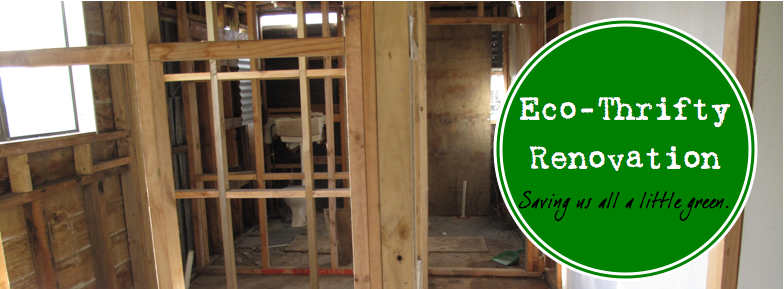I discovered this week on my Yankee Magazine calendar (thanks mum) that the 17th of September is Citizenship Day. There was no further clarification as to whether this citizenship extends beyond New England, or the USA, but I will assume that this is a global event. And so I'll write about being a global citizen.
When thinking about what it means to be a global citizen, I submit that the permaculture ethics are a good place to start: earth care, people care, fair share. As a matter of fact, that may even be a good place to end. Through this lens, let's look at an example of poor citizenship.


http://www.forbes.com/sites/eco-nomics/2011/09/13/wasting-away-our-garbage-by-the-numbers/
This data comes from a recent article in Forbes: Wasting Away: Our Garbage by the Numbers. One of the saddest bits about this is that I recall numbers like this when I started my career as an environmental educator 20 years ago. But back then the amount of garbage the average American produced was "only" 4 pounds. It is interesting that the current number is 4.4 pounds, because that is 2 kilograms. I have not seen the number for New Zealand, but I suspect it would be similar.
The three Rs (reduce, reuse, recycle) are so fundamental that I won't write extensively on them except to say that global citizens would take them into account with every purchasing decision they make. During our renovation and in our domestic life we produce next to no rubbish: about one bag every two months.
I'd like to challenge global citizens to raise the bar for global citizenship beyond the 3 Rs by taking serious steps at energy conservation. We have had great success with our passive solar redesign and are using less than 10% of the electricity of even what is considered a "low user" (8000 kWh/year) in New Zealand.

This is the power bill that came this morning, after a month that included the coldest week in New Zealand recorded history. During this record cold spell, with no supplemental heating except electric, we averaged just over 2 kWh per day.

Even a "low user" can average over 21 kWh per day year round. Presumably, that may vary from 15 kWh per day in summer and 25 kWh per day in winter. By comparison, our 2 kWh appears to fall into the truth-is-stranger-than-fiction category. But its true. You can see the bill above. That is the power of sunlight, thermal mass and insulation.

Indoor/Outdoor Temperatures in C and F at 6 pm, Sept. 4th.

Indoor/Outdoor Temperatures in C and F at 6:30 pm, Sept. 6th.
And we're not even done insulating and draft-proofing yet.
Global citizens who are concerned about drought in East Africa, flooding in Pakistan and Bangladesh (formerly "East Pakistan"), and rising sea level in Tuvalu should feel an obligation to cut their energy use even if much of it comes from renewables like here in NZ. Even renewables have "side effects."
Our friends in Raglan are fighting the wind mills proposed for the coastline to the north. I'll be there a week from today helping them start that fight from home one kWh at a time.
Peace, Estwing

